Hydroponic crops are part of a widely accepted strategy for vegetable production worldwide, as part of the alternatives to optimize food production and simultaneously establish mechanisms to improve agronomic work.
In the search to present healthy food production alternatives under ecological schemes has been growing steadily in recent years, hence hydroponic crops are part of a widely accepted strategy.
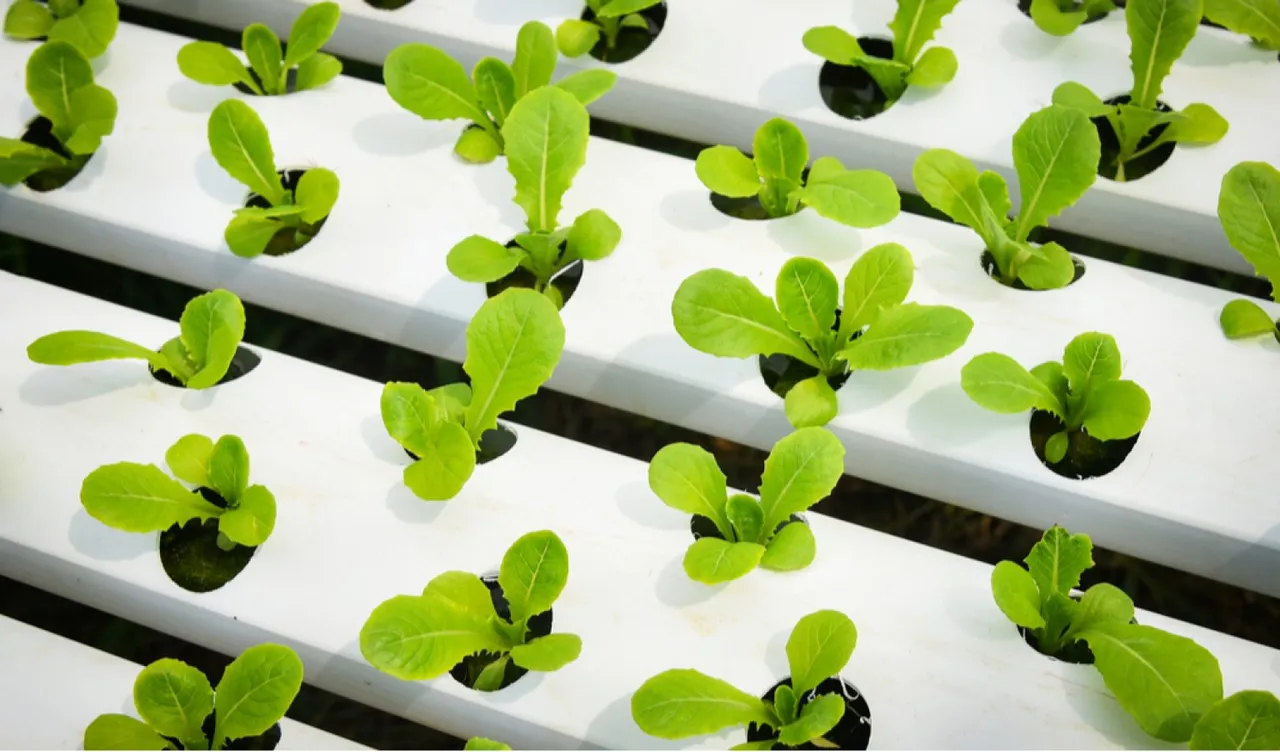

▶ From agroecological conceptions, experiments have been developed to provide alternatives to determine the effect of different hydroponic systems on the growth and vegetative development of plant species.
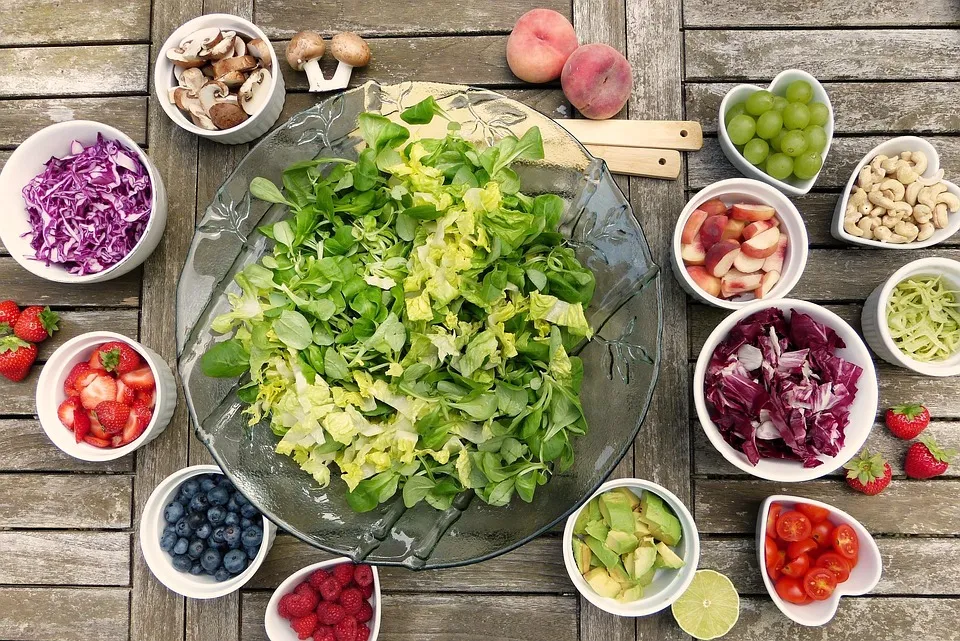
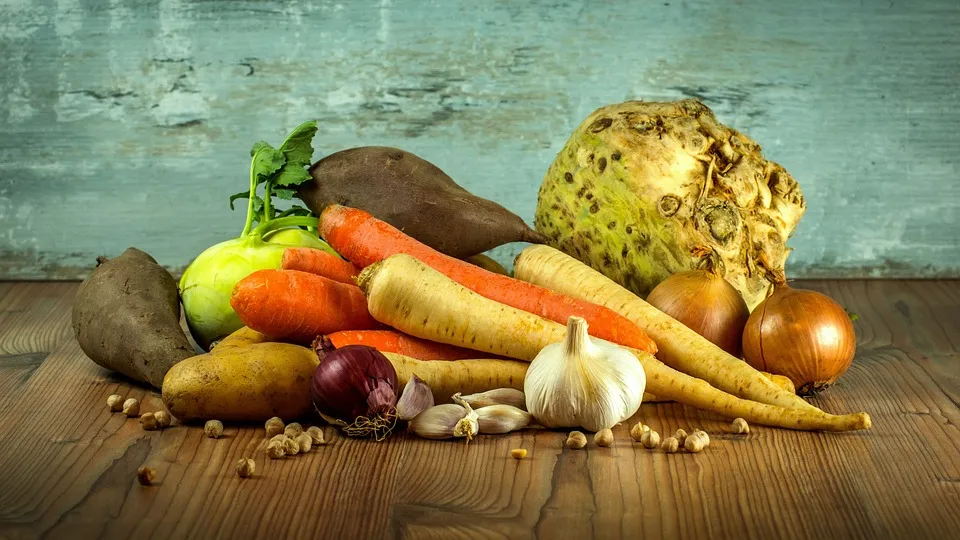
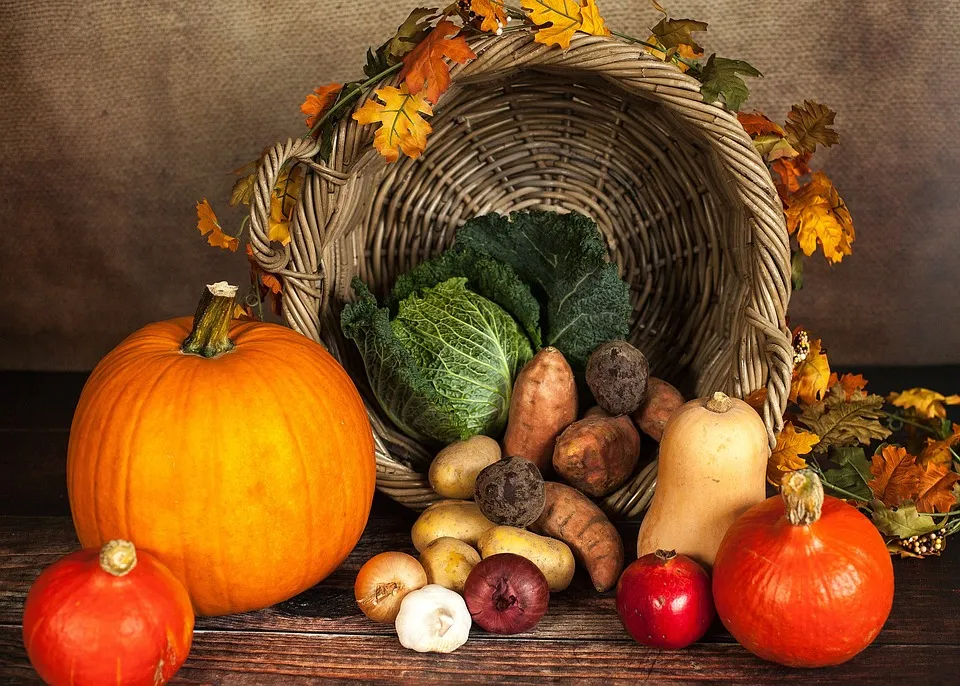
▶ Considering hydroponic systems as new agronomic management technologies, they offer advantages in terms of the production of healthy and vigorous seedlings.
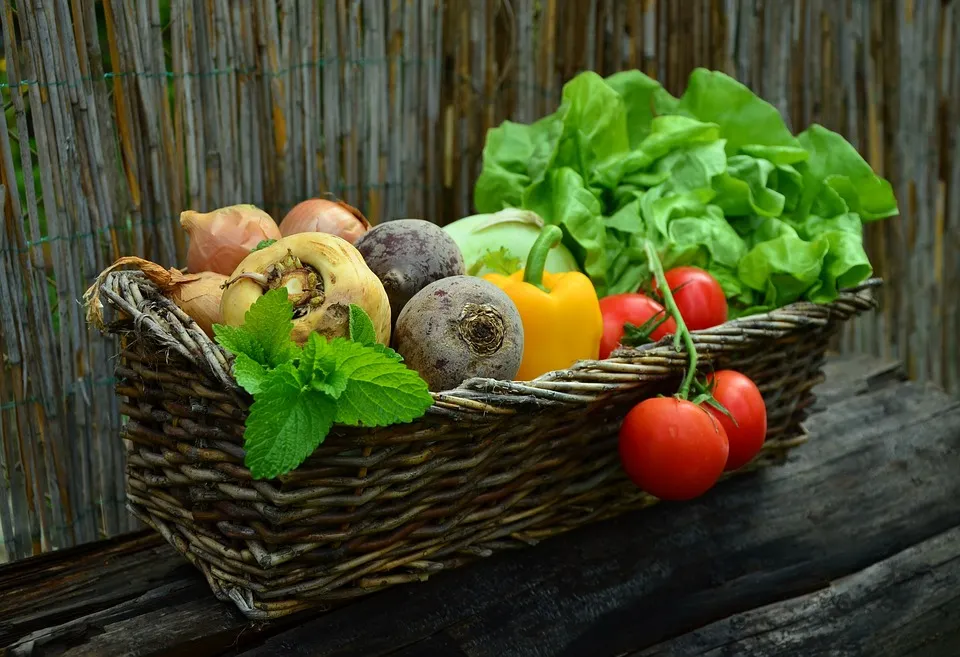
▶ Credits: congerdesign – [Image of Public Domain]
≕ I invite you to stay tuned and read my next contribution ≔
Therefore, and aware of the importance of incorporating new agronomic management practices to improve vegetable production systems, it is necessary to start establishing large-scale hydroponic systems to generate more plant biomass that can be used by a greater number of people in the world.

▶ If we compare vegetable production under conventional schemes, we realize that yields are medium to low and the vegetables produced contain traces of pesticides, which raises the need to generate research that tends to generate information to improve agronomic practices under agroecological approaches that tend to increase yields and produce vegetables free of chemical traces.